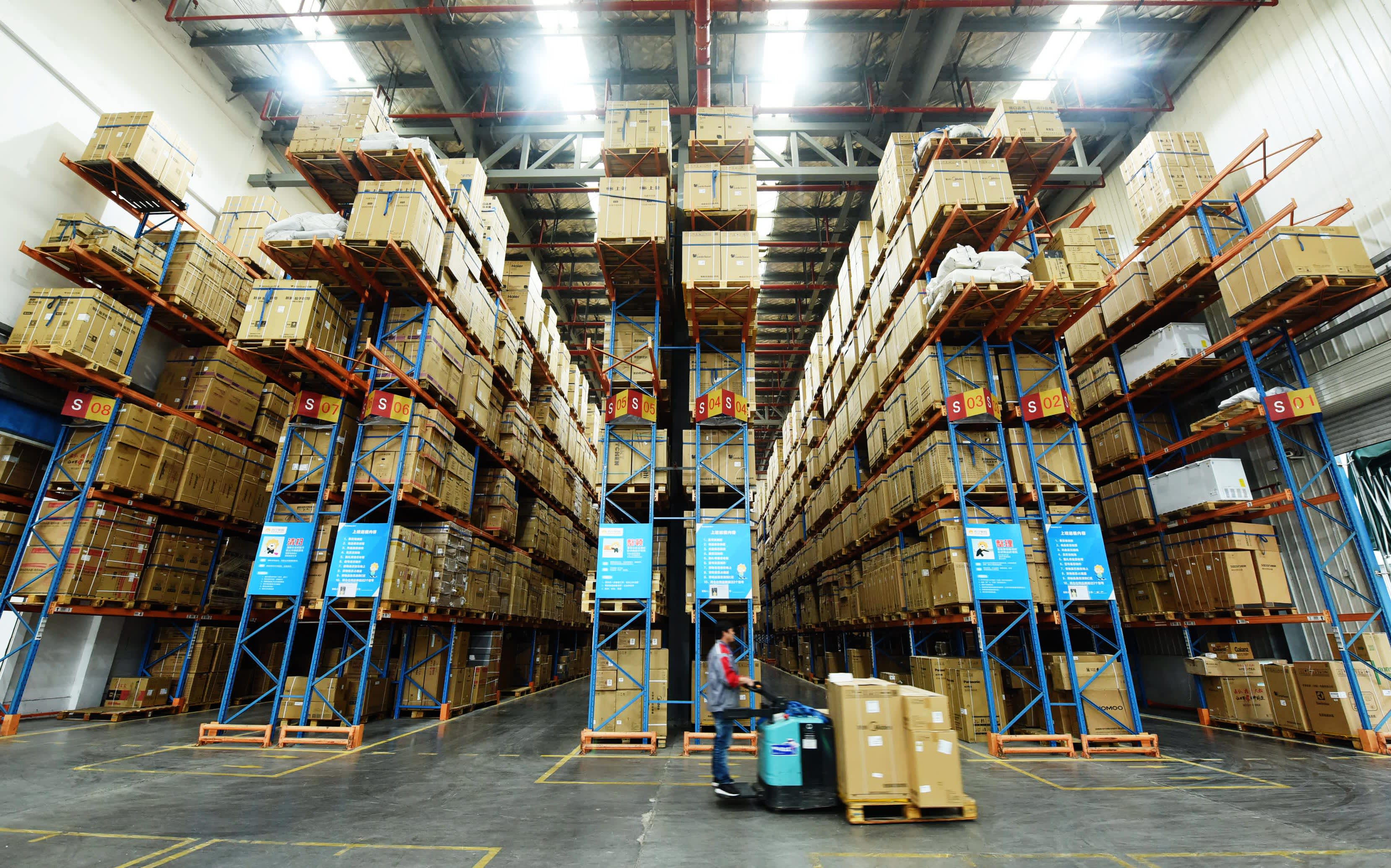'Underdeveloped' warehousing in China could be an investing opportunity for property investors

The online retail boom in China is fueling demand for storage spaces — and real estate investors should start thinking about putting their money in warehouses, said the founder and CEO of Baring Private Equity Asia, Jean Eric Salata.
"If you look at the e-commerce logistics and warehouse space in China, it's still very, very underdeveloped," he told CNBC's "Capital Connection" at the Singapore Summit last Friday.
Salata estimates that 98% of existing warehouses in China are "old stock," and only around 2% are "modern warehousing."
"It's a question of not just adding capacity, it's also about upgrading what's there today, which is very outdated," Salata said. "A rather safe way, I think, to invest in real estate in China is in the whole logistics and industrial distribution space."
The demand for warehouses has been driven in part by the rise of e-commerce in China. A report by research firm eMarketer predicted China would be the world's top e-commerce market in 2019, with sales expected to hit $1.935 trillion.
According to property consultancy firm JLL, Chinese mega cities such as Beijing, Shanghai and Shenzhen are seeing "robust demand" for industrial real estate, which includes warehouse facilities and distribution centers.
JLL also wrote that the "primary drivers of market demand in these markets continue to be retail, e-commerce, manufacturing and third-party logistics firms."
That's part of a larger domestic consumption story in China that Baring Private Equity Asia is focused on, said Salata, adding that this trend is "hardly" affected by the trade war with America.
Beijing and Washington have been locked in a trade dispute for more than a year, with both sides imposing punitive duties on each other's exports, and shaking up industries ranging from manufacturing to agriculture and retail.
"What is happening is that you're seeing the supply chain kind of bifurcate, where companies now are looking for alternative ways of sourcing their product and their technology that separates them from being reliant on U.S. suppliers. And likewise, US companies are doing the same," said Salata. "It's been quite disruptive."
But not all sectors have been impacted and one such exception is the tech industry, said Salata.
"What's happening in technology in China is pretty interesting," he said. "It's incredible, really, the way that that's transforming the way that businesses and their consumers (are) operating in the market."
"That's a story that's going to continue regardless of what happens with the trade talks."
Read More
No comments